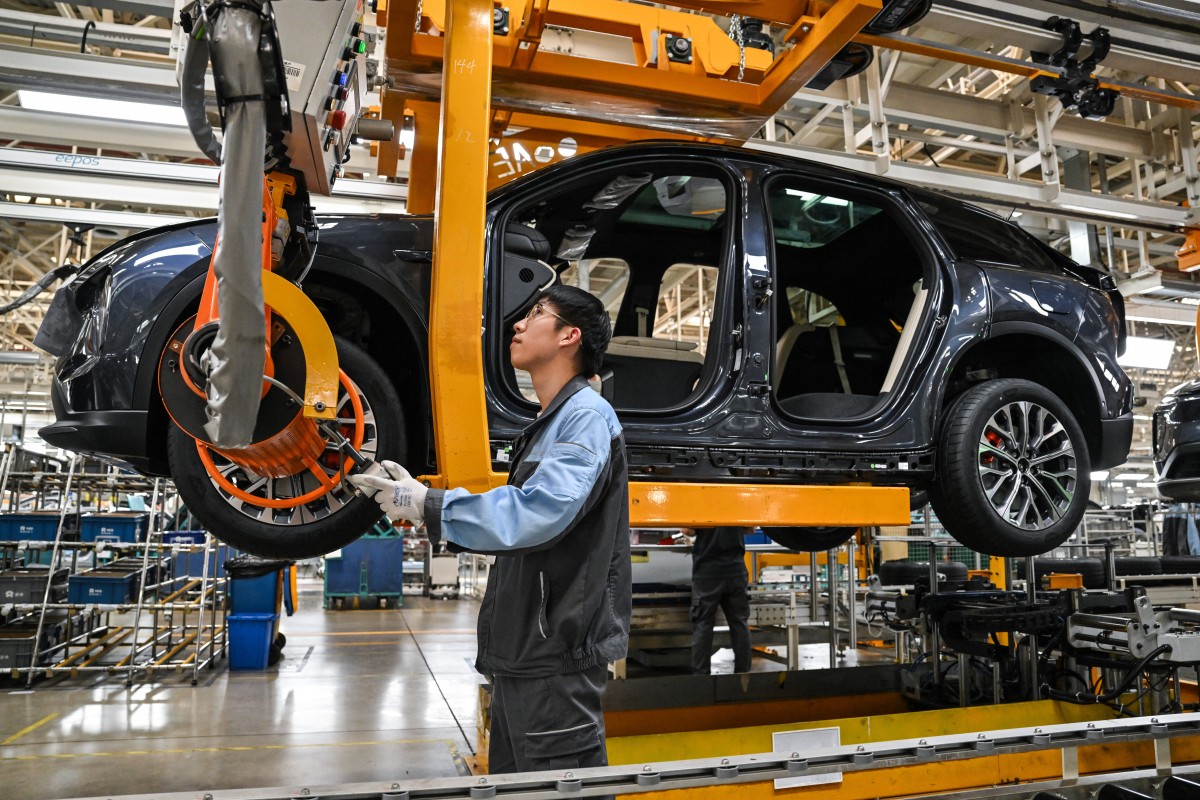Beijing, China — China’s import and export tariff adjustments on some goods took effect on Monday, including implementing provisional import tariff rates lower than the most favored nation rates on 1,010 goods, implementing tariff rates on some commodities under agreements and applying preferential tariff rates to 43 least-developed countries (LDCs).
As tariffs play a vital role in the integration of the domestic and international markets, experts noted that the adjustments will ensure the secure supply of products related to national security and help the country’s industrial transformation for high-quality development, WAM reported. They will also boost high-level opening-up to share development dividends with the world.
Starting on Monday, China reduced the import tariffs on resources, key equipment and parts that are in short supply domestically.
”The adjustment of tariffs shows that China’s industrial structure is moving toward the higher end. Lowering import tariffs on resources in short supply will help enterprises lower costs and help the country accelerate the innovative development of advanced manufacturing,” Wang Peng, an associate researcher from the Beijing Academy of Social Sciences, told the Global Times on Monday.
The new-energy vehicle (NEV) industry is an important force in the development of China’s advanced manufacturing industry, and has also become the focus of tariff policy support.
Tian Yun, a veteran economist based in Beijing, said that the tariff adjustments related to NEVs involve power battery raw materials and key components. In addition to boosting foreign trade, the policy will further ensure the secure supplies of industrial raw materials to better meet domestic production needs, further enhancing the international competitiveness of China’s NEV industry.
As of Monday, China also applied zero tariffs to some medicines and raw materials for oncology drugs and drugs for rare diseases, and import tariffs will be lowered for food formulated for special medical purposes.
”Utilizing tariff leverage to meet livelihood concerns indicates the country’s focus on protecting people’s lives and health and meeting consumer demand with high-quality supply,” Tian told the Global Times on Monday.
From the first day of 2024, China implemented tariff rates on some commodities under 20 agreements that originate from 30 countries or regions based on free trade agreements (FTAs) or other preferential trade arrangements.







